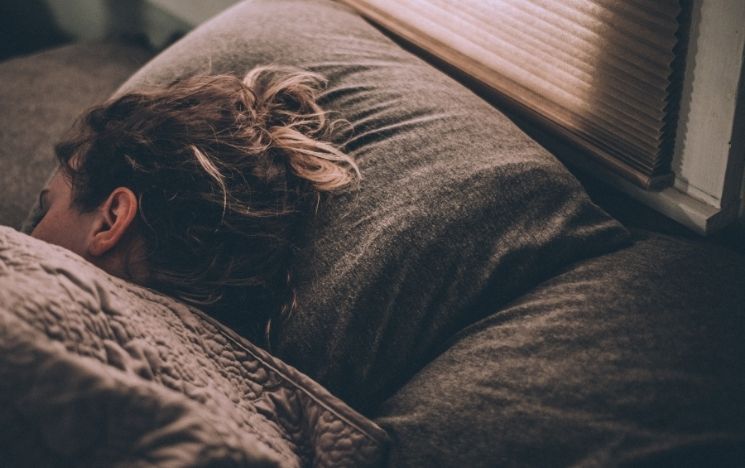Sleep well and boost your brainpower

Photo by Lux Graves on Unsplash
In the last edition of Flint, we gave you our top tips for looking after yourself at assessment time. With so much to do and prepare for, it can be easy to forget to look after ourselves when we get busy.
Often, we can find ourselves tempted to sacrifice sleep in order to study, in the hope that a few extra hours of preparation will help us to perform better in assessments. Unfortunately, this may not be helpful at all.
We all know that it can be hard to focus after a poor night’s sleep. If you get into a habit of staying up late and experience several nights of disturbed sleep, you can begin to get brain fog, making it difficult to concentrate and make decisions. This can have a negative effect on both your studying and your performance in assessments.
Lack of sleep can also affect your mood, and you can begin to feel low. In turn, this can make it hard to motivate yourself to study and look after yourself properly.
Getting between 7-9 hours of sleep a night is an important way to help your brain to work effectively. However, many people struggle to sleep, especially at stressful times like assessment time.
Sticking to a regular sleep pattern (going to bed and getting up at roughly the same times each day) is one of the most important things you can do to help you get enough sleep.
You can also follow some simple sleep hygiene tips, throughout the day. This includes exposing yourself to natural light and exercise during the day, being mindful of when you consume caffeine and alcohol, and reducing screen time before bed.
Your sleep environment (temperature, lighting, noise and mess) can also affect how well you sleep – find out how to create a sleep sanctuary.
If you struggle to get to sleep, taking time to relax and unwind before bed can help.
These tips will help most people to improve their sleep, and boost their brainpower. However, if you’re worried that you might be experiencing a sleep disorder you should get advice from your GP.
